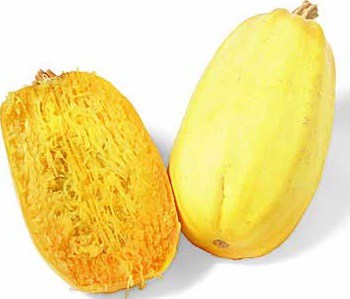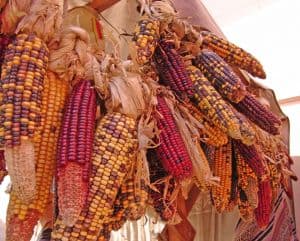Broccoli is a plant of the Kalefamily Brassicaceae (formerly Cruciferae). It is classified in the Italica cultivar group of the species Brassica oleracea. Broccoli has large flower heads, usually green in color, arranged in a tree-like fashion on branches sprouting from a thick, edible stalk. The mass of flower heads is surrounded by leaves. Many varieties of broccoli areperennial. Broccoli most closely resembles cauliflower, which is a different cultivar group of the same species.
Broccoli is a member of the cabbage family and is a very close relative to cauliflower. This delicious vegetable contains more nutrients than any other vegetable! Some of these nutrients include vitamins A, C, & D, beta carotene, calcium, fiber, iron and antioxidants. Consumption of foods high in antioxidants can help protect against cancer and heart disease.
Health Benefits of Broccoli
Broccoli is a spectacular and unique package of versatile disease fighters and abundant in numerous strong, well-known phytochemicals and antioxidants, including indoles, isothiocyanates, quercetin, glutathione, beta carotene, vitaminC, folate, lutein, glucarate, and glutathione. Broccoli is extremely strong in anticancer activity, particularly against lung, colon, and breast cancers. Like other cruciferous vegetables, it speeds up the removal of estrogen from the body, helping suppress breast cancer. Broccoli is rich in cholesterol-reducing fiber and has antiviral and antiulcer activity. It is a super source of chromium that helps regulate insulin and bloodsugar. Broccoli is also a good source of calcium, thus help fight osteoporosis. However, brocoli is one of the leading intestinal gas producers.
Broccoli is an excellent source of vitamins K, C, and A, folic acid and dietary fiber. It’s a very good source of phosphorus, potassium, magnesium, and vitamins B6 and E.

